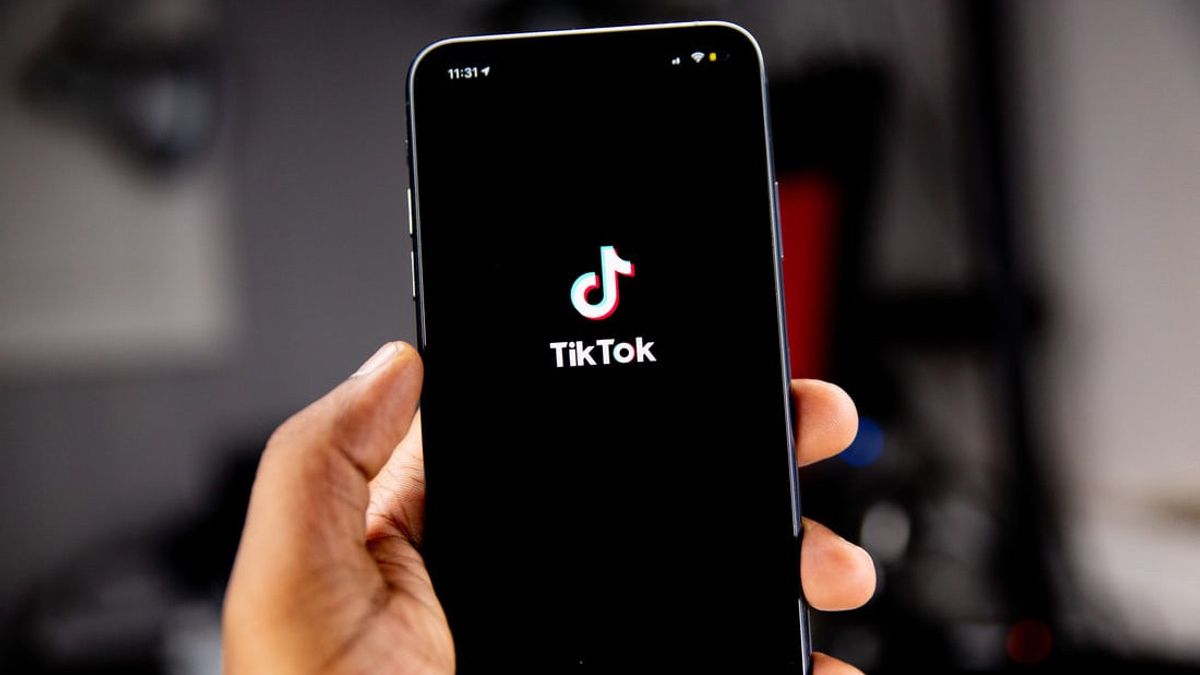JAKARTA - Recently, on Tiktok there is a trend of jokes where someone calls their friend using the voice of an automatic answering machine and cheats that a large amount of funds will be withdrawn from the concerned financial account.
Kaspersky experts warn that this trend is a real fraud scheme called vishing, and is widely used by cybercriminals. Kaspersky researchers detected an increase in vishing emails in June (a total of 100,000 emails) and collected approximately 350,000 vishing emails from March to June 2022. Kaspersky security researchers also explain how vishing works and how to avoid the threat of online fraud.
Vishing or Voice Phishing is a fraudulent tactic by convincing someone to call an online fraudster and share personal information, such as bank details over the phone. The scheme is the same as other phishing, this scam starts from the entry of an email from a large online store or payment system. The email, for example, contains a fake letter from Paypal regarding a request to withdraw large amounts of money from your account.
However, there are differences between the two technicalities of the scam: phishing emails usually ask the victim to click on a specific link to cancel the purchase, while vishing emails ask the victim to immediately call Customer Support listed in the email.
Kaspersky security experts emphasize that this method is chosen by online fraudsters, because when victims see a phishing site, they have time before deciding on a course of action, or recognize signs that the site is not an official site.
However, when victims talk on the phone, they are faced with a confusing situation and have a tendency to lose focus. In this situation, the fraudster will do whatever it takes to keep the victim under pressure and make the victim feel rushed, intimidated and ask them to immediately provide credit card details to cancel the fake 'transaction'. After getting the details of the victim's bank account, the perpetrators of this cybercrime will use the information to steal money and drain the victim's savings.
In the last four months (March to June 2022), Kaspersky detected nearly 350,000 vising emails asking victims to call and cancel transactions. In June, the total number of vising emails rose sharply, nearly reaching 100,000 emails. Kaspersky researchers predict this trend is gaining momentum and could continue to grow.
Surprisingly, Tiktokers is actively repeating existing vishing schemes, but they are not sending scam emails or stealing anything from the target of this trend for entertainment purposes only. Calls are made via an automatic answering machine with a robotic voice interpreter.
Most of the schemes of Tiktok trends like this are they will introduce themselves as representatives of the famous online store Customer Service who claims to have received purchases from victims in the amount of thousands of dollars and ask for confirmation. No matter how the victim answered, the next thing the answering machine said was “Thank you, your order has been confirmed.”
Victims think that the answering machine is misheard and funds will still be withdrawn directly from their account, causing panic and not realizing that they are the victim of a prank.
When victims are convinced to share personal data over the phone instead of from a website, victims don't have much time to suspect they are the target of the hoax. The many videos on Tiktok about this prank are a dangerous example.
“I often find videos on TikTok of bloggers tricking other people by calling and telling them that their account will be debited thousands of dollars. Victims believe it and panic because of it,” said Roman Dedenok, Security Specialist at Kaspersky.
Furthermore, Dedenok said that in fact, when people are faced with telephone fraud, they are, on average, affected by many conditions at one time.
"A phone call like that will take them by surprise, while their heads are full of other things and they can't clearly judge who is on the other end of the call, whether it's a con, a criminal or a real bank worker."
The English, Chinese, Japanese, Arabic, and French versions are automatically generated by the AI. So there may still be inaccuracies in translating, please always see Indonesian as our main language. (system supported by DigitalSiber.id)













